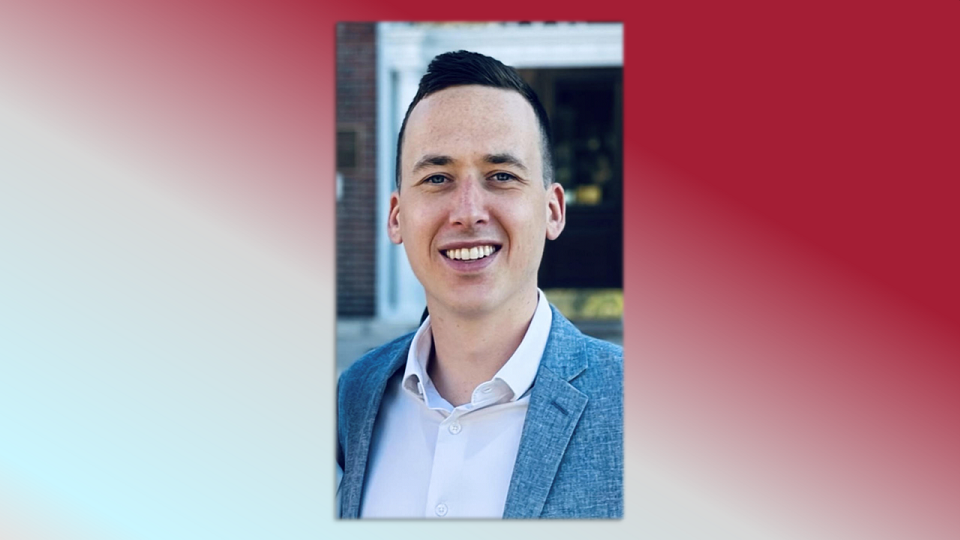MPP Alumni Brian Clinton serves as the Deputy Chief of Staff in the Mayor’s Office in the City of Philadelphia. Continue reading to learn more about Brian’s work and his experience in the MPP program.
Please describe your organization and its mission.
I work for the Mayor’s Office in the City of Philadelphia where we work to build a Philadelphia that works for every neighborhood with a focus on equity, opportunity, efficiency, and inclusion. We work towards this goal by improving educational opportunities and outcomes for all of Philadelphia’s children, improving economic opportunities for all Philadelphians, improving public safety for all Philadelphians while treating residents with respect and dignity, operating government efficiently and effectively, and developing a diverse workforce that looks like Philadelphia.
Please describe your position and what your day-to-day work looks like.
As a Deputy Chief of Staff in the Mayor’s Office, my main role is to act as a liaison between the administration and various city departments, including the Office of Transportation, Infrastructure & Sustainability, the Office of Planning & Development, Department of Finance, Chief Administrative Officer, and the General Services, Arts, and Events cluster in the Managing Director’s Office. In this capacity, I am responsible for disseminating information and directives from the Mayor’s Office to departments as well as keeping the Mayor and Chief of Staff updated on ongoing projects and initiatives.
In addition to liaising between the administration and departments, Mayor’s Office operations are also essential to my position. As Deputy Chief of Staff, I ensure that the Mayor, Chief of Staff, and members of the Mayor’s cabinet and administration are equipped to effectively do their job. The Chief of Staff’s office is centrally located in City Hall and serves as the hub for the administration. There is a constant flow of employees and constituents through office and frequent last-minute situations that need to be handled.
Another large focus of my position is dealing with constituent issues that come from neighbors, community groups, neighborhood organizations, or directly from the mayor. I try to be civically active and serve my neighbors whenever possible. This often results in folks reaching out about potholes, broken streetlights, abandoned cars, or whatever they need help with. As Deputy Chief of Staff, I try to address these complaints by coordinating with the appropriate City agencies and getting things done.
How did your time in the MPP program help prepare you for your career?
I attended Temple’s MPP program to learn how to be an effective public servant in Philadelphia. The program provided me with an immeasurable advantage over others because of the local institutional knowledge coming from each professor. Lectures based on personal knowledge of budget negotiations or initiative rollouts, coming from folks who were in the room where the conversations happened, are incredibly useful when trying to learn how to operate in City Hall. Without the MPP program, this type of knowledge would have to be cultivated through years of conversations with the relevant parties who would be difficult to access. Through Temple, I was receiving this valuable information on a nightly basis from instructors who are policymakers with real world experience.
What was your favorite MPP class? Why?
My favorite MPP class was The Policy-Making Process because it gave an in-depth look at the entire life of a government policy – from an idea in the heads of advocates, to a bill in a legislature, to being implemented by a government. For a young person looking to start their career in public service, it was the ideal place to begin and set expectations for what is possible in government.
What advice do you have for current MPP students?
My advice for current MPP students would be identify an organization that you are interested in and agree with the mission of - whether it be a political candidate, civic association, community group, political action committee, etc. – and get involved with them in whatever capacity they need. These types of organizations will always be looking for smart, energetic people to further their mission and good things will come from getting involved.

